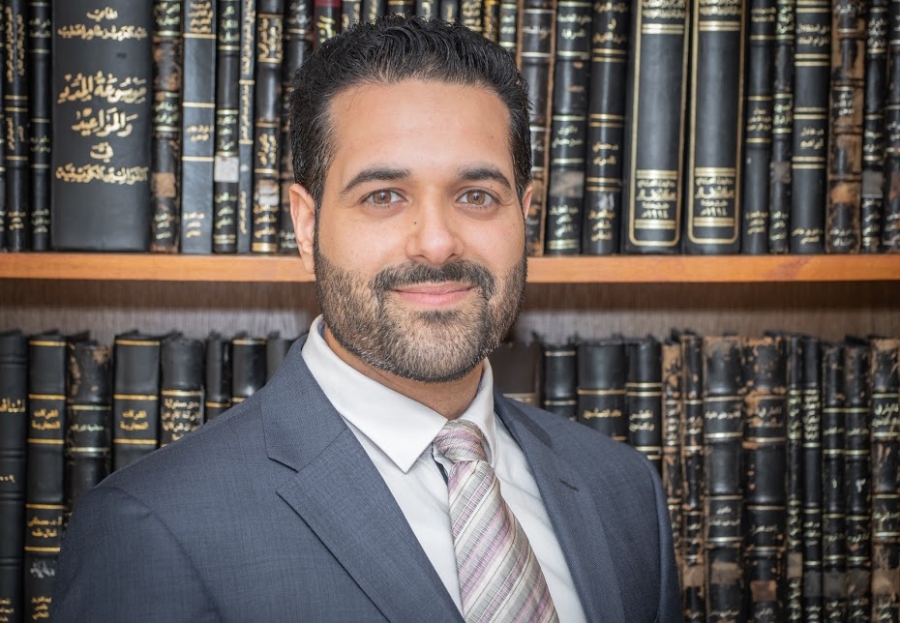
2023-08-13
Controversy’ surrounding Kuwait’s proposed Election Commission Law Impact on women’s rights.
Recently, the government tabled a proposal for a law aimed at establishing the High Election Commission in the National Assembly. A notable inclusion was clause number 16, which mandates that women intending to run for the National Assembly must adhere to Islamic regulations. This proposal has incited significant controversy and widespread disapproval, as it undermines the political rights of Kuwaiti women. From an academic standpoint, I believe that clause 16 is inherently ambiguous, and unconstitutional. It collides with fundamental constitutional principles, including the guarantees of public freedoms, personal freedom, freedom of belief, equality, and non-discrimination. This clause is unclear and lacks the condition of subject-specific precision and fails to adhere to appropriate legislative drafting protocols, which is a common pitfall among legislative drafters. This oversight can spawn potential ambiguities, diverging interpretations, and an impending constitutional challenge. The obscurity may well be a deliberate ploy to delay the issuance of its executive regulations by creating grounds for constitutional appeals, thereby impeding the law’s execution.
This legislative direction is concerning, given its apparent contradiction with the foundational principles of equal rights and public freedoms. The law, as proposed, seems to impose an excessive burden specifically on women, thereby fostering a climate of gender discrimination and infringing upon the constitutional principle of equality. Additionally, the proposal appears to misuse law as a vehicle to impose a particular religious ideology, which violates the freedom of belief. The unclear nature of the clause— especially with respect to defining these regulations and their interpretation—could lead inconsistent interpretations and an unstable legal platform for implementation, as evidenced in the judgment of the appeal filed in the constitutional court under record number 20/2009, issued on 10/28/2009.
The government’s passive acquiescence to extremist elements is not a recent development in Kuwait’s political history. While such position might offer short-term gains for the government at the cost of constitutional principles and freedoms, it is likely to undermine the government’s long-term standing. Any party that breaches the constitution or legislates against it is bound to lose credibility. The government’s concessions to extremism not only enhance the political influence of religious factions but also encourage persistent breaches of constitutional rights and freedoms, resulting in the long-term weakening of the government’s position.
Civil society and activists have a vital role in opposing such legislative proposals, a duty that is fundamental for societal progress and for defending women’s rights and combating discrimination. They are crucial in upholding democratic principles and constitutional rights, and they must continually champion gender equality and non-discrimination—both constitutional and universal principles. Elevating public awareness on these issues and fostering dialogue is of utmost importance, as is pressuring the government to rectify discriminatory laws. This is a responsibility shared by all citizens and representatives who have pledged to protect the constitution. Furthermore, working with international human rights organizations to draw global attention to these matters and educate the public about human rights, equality, freedom of belief, and public freedoms is vital. Equally important is encouraging greater political participation among women and lending them support, as it will foster structural social change.Link
By Dr. Fawaz Khaled Alkhateeb
Attorney and Visiting Professor at Kuwait International Law School
Fawaz@tahergrp.org
